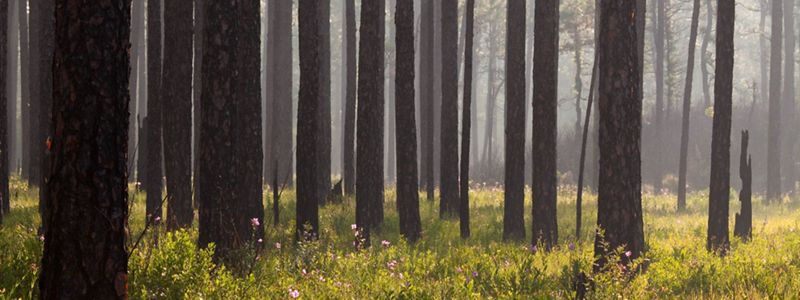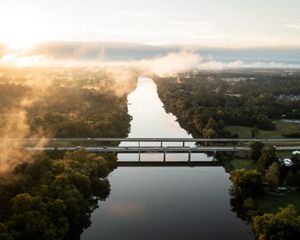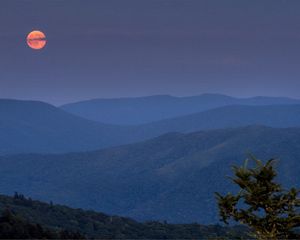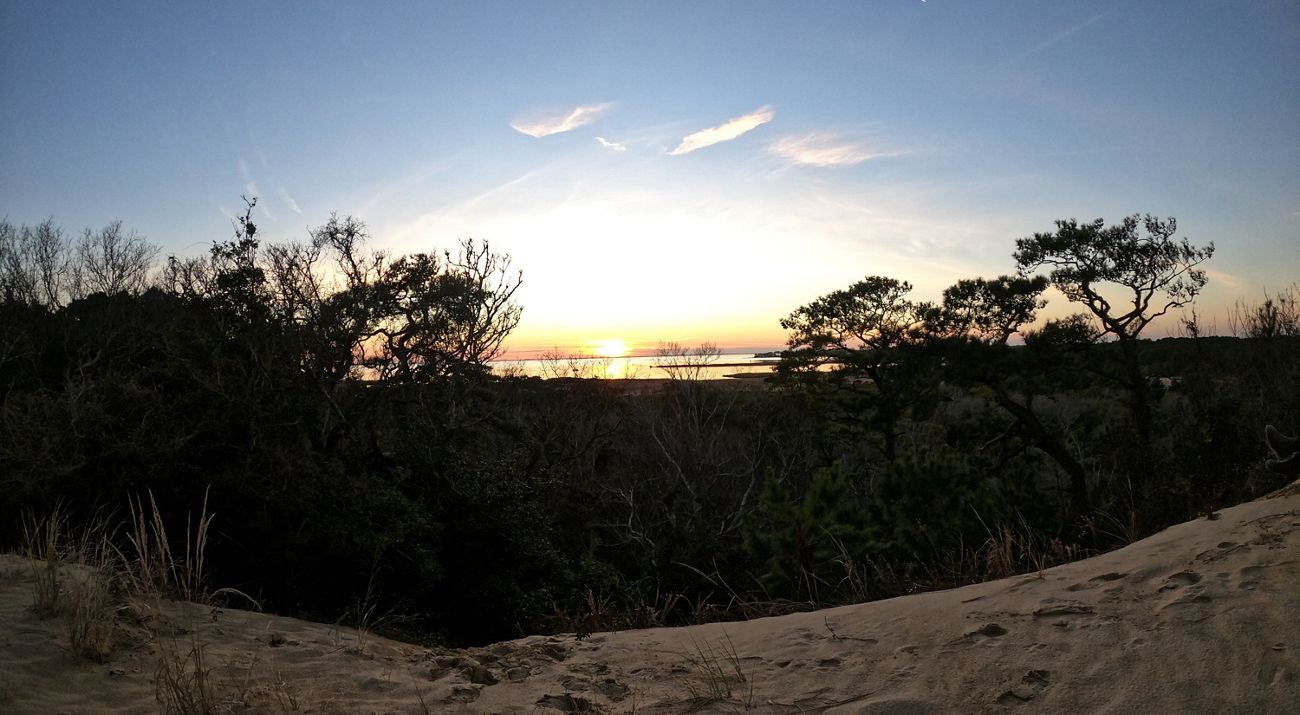
Hiking Run Hill with the Man Who Saved It
The story of how TNC helped protect Run Hill

About the author
Sophia Torres, our newly appointed Creative Content Manager, joined The Nature Conservancy in November 2023. She is originally from Ecuador and is discovering North Carolina, immersing herself in the state’s beauty and diversity with new eyes.
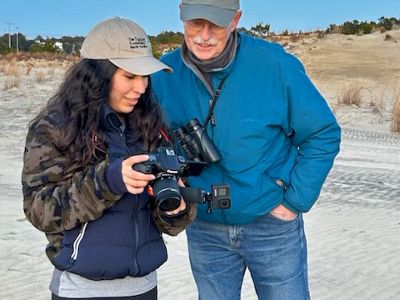
As the newest employee of our chapter and a newcomer to North Carolina, I find each visit to a preserve brings a sense of awe and discovery. And there’s nothing more memorable than seeing a landscape with a person who has had a major positive impact on it. Hiking through Nags Head Woods’ forest to Run Hill with Fred Annand while hearing the story about how he saved this incredible place will always stick with me as a unique and special experience.
For more than 44 years at TNC, Fred has been instrumental in safeguarding vast expanses of land across North Carolina and the world (from Micronesia to Africa), yet Run Hill on the Outer Banks is one of his favorite protection projects. As a geology undergraduate, Fred appreciates the geologic aspects of Run Hill, coupled with its undeniable beauty. “The large active sand dune and the whole dynamic idea of the dune slowly encroaching upon the same forest that it is, at the same time, protecting, and those two things being juxtaposed really fascinates me. I think it makes it one of my favorite places,” says Fred.
As Fred and I stood atop the 70-foot dune, high above sea level, wind rustled through the trees, and we looked out across a breathtaking view of the Atlantic Ocean and the Roanoke Sound. With that backdrop, it was almost impossible to imagine that this place was threatened 29 years ago.
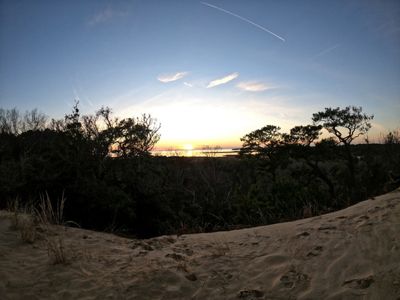
At the time, one-third of the dune was owned by a contractor, who used it for sand renourishment at local beaches. Dump trucks hauled away the dune’s sand whenever erosion occurred. Simultaneously, the Dare County Board of Education had plans to build a school right on top of the dune. Fred recalls the urgency he felt when TNC joined the conversation to protect this land: “I decided then that I had to devote a significant amount of time and everything I could to make that possible.”
The Nature Conservancy’s role in this process was significant—Fred focused on promoting an active conversation between representatives from the town of Kill Devil Hills, the Board of Education and the contracting company to find a solution. “At one meeting we got everyone together. I started by just going around the table to each entity, asking them what their interest was. It was like everybody putting their cards on the table, and then I said okay, let’s see if we can find common ground here. Where do we overlap? So, we just went through that process for probably six months before we finally came to a solution,” he remembers.


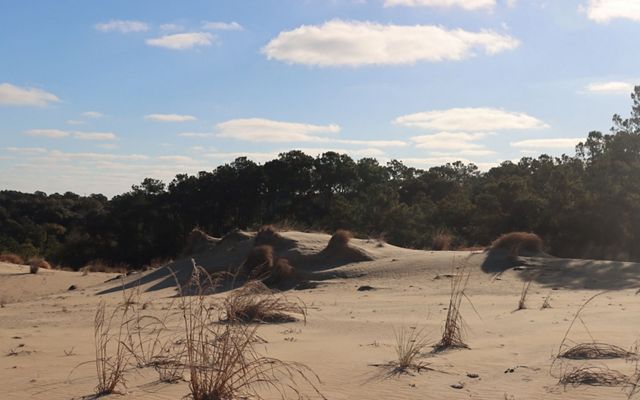

TNC purchased the land from the contracting company and traded the part of the property that had already been leveled to the Dare County Board of Education for the school’s construction. Subsequently, Run Hill became part of Jockey’s Ridge State Park, securing its protection and its place in our state’s natural heritage.
As Fred finished telling me this story, I asked him if he, as our chapter’s longest-tenured employee, had any advice for me as I embarked on my TNC career. His wisdom extends beyond conservation efforts, and I’ll certainly carry it with me.
Quote: Fred Annand
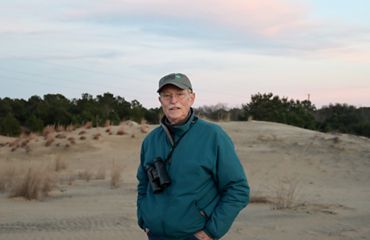
You really need to go out there and get your feet wet and walk in the bogs, get sand in your hair, walk in the snow and really go out there and get to know the places that we work and worked on.
Fred Annand worked for The Nature Conservancy for more than 44 years and retired in January 2024. He personally had a hand in saving 400,000 of the 735,000 acres our chapter has protected. Thank you, Fred, for all your hard work. You have indeed left an incredible legacy!
Stay Up to Date on Our Work
Sign up to receive monthly conservation news and updates from North Carolina. Get a preview of North Carolina’s Nature News email.
